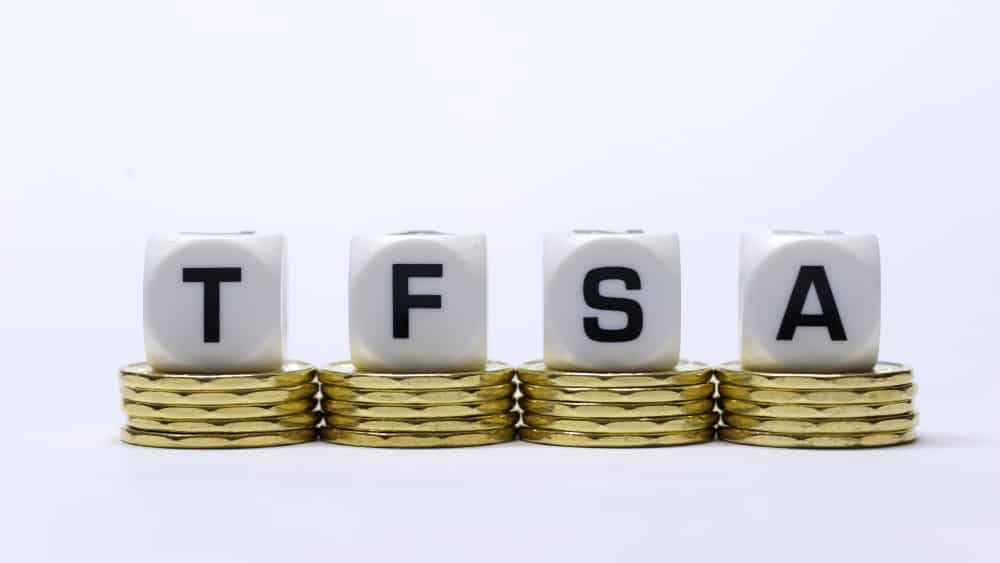The Tax-Free Savings Account (TFSA) is a staple of many Canadian investors’ tax strategies. Allowing you to shelter your stocks from capital gains and dividend taxes, it can help you save a lot of money on taxes — and ultimately realize a higher return. If you have a high tax rate, the tax-saving power of the TFSA can be truly substantial. And even if you have a low tax rate, you will save some money.
But if you think the TFSA is totally tax-free, think again. There are actually plenty of ways a TFSA can end up being taxed — in some cases, rather steeply. In this article, I’ll explore three scenarios where your TFSA can be taxed — starting with one where the tax can be very, very high.
Day trading
If you day trade in your TFSA, the CRA might decide you’re running a trading business and tax you accordingly. The TFSA wasn’t designed to shelter business income from taxation. It was designed to help Canadians, well, save. But if you’re trading full time and sheltering the profits on a $10 million portfolio in a TFSA, you’re running a tax-free business … at least in the CRA’s eyes. So, watch out for day trading in a TFSA. If you do it full time, use special paid research services, or if you are a finance professional, you may just get classed as a business and taxed at your marginal rate.
Investments that aren’t approved
Holding prohibited investments is another way you can find yourself getting taxed inside a TFSA. The TFSA was mainly designed to hold publicly traded stocks and bonds; it wasn’t designed to shelter private business holdings. If you do hold such private investments in a TFSA, you may end up being taxed, as they’re not considered eligible for the account.
U.S. dividend stocks
Last but not least, we have U.S. dividend stocks.
If you hold U.S. dividend stocks in a TFSA, you’ll be taxed — not by the CRA, but buy the IRS. The IRS levies a 15% tax on Canadian shareholders of U.S. companies, and it doesn’t recognize the TFSA. So, if you hold U.S. dividend stocks like Bank of America, you’ll pay at minimum a 15% tax — TFSA or no.
There are two workable strategies to get around this tax.
The first is to prioritize Canadian dividend stocks like Fortis (TSX:FTS)(NYSE:FTS). TSX stocks like Fortis are 100% tax-free in a TFSA. If you hold such stocks in a tax-free account, you will pay no taxes on dividends or capital gains whatsoever. Even outside a TFSA, you’ll enjoy a nice dividend tax break on your FTS shares, which yield 3.66% at today’s prices. But inside a TFSA, you can hold up to $79,500 worth of FTS shares and pay absolutely no taxes on approximately $2,900 in annual dividends.
The second is to hold U.S. dividend stocks in an RRSP. The IRS actually does recognize the RRSP and waives your withholding tax if you use it. Investing in an RRSP is a great way to enjoy tax-free growth on U.S. dividend stocks. Just remember that RRSP investments are taxed on withdrawal and are not exactly identical to TFSAs in terms of their tax benefits.









